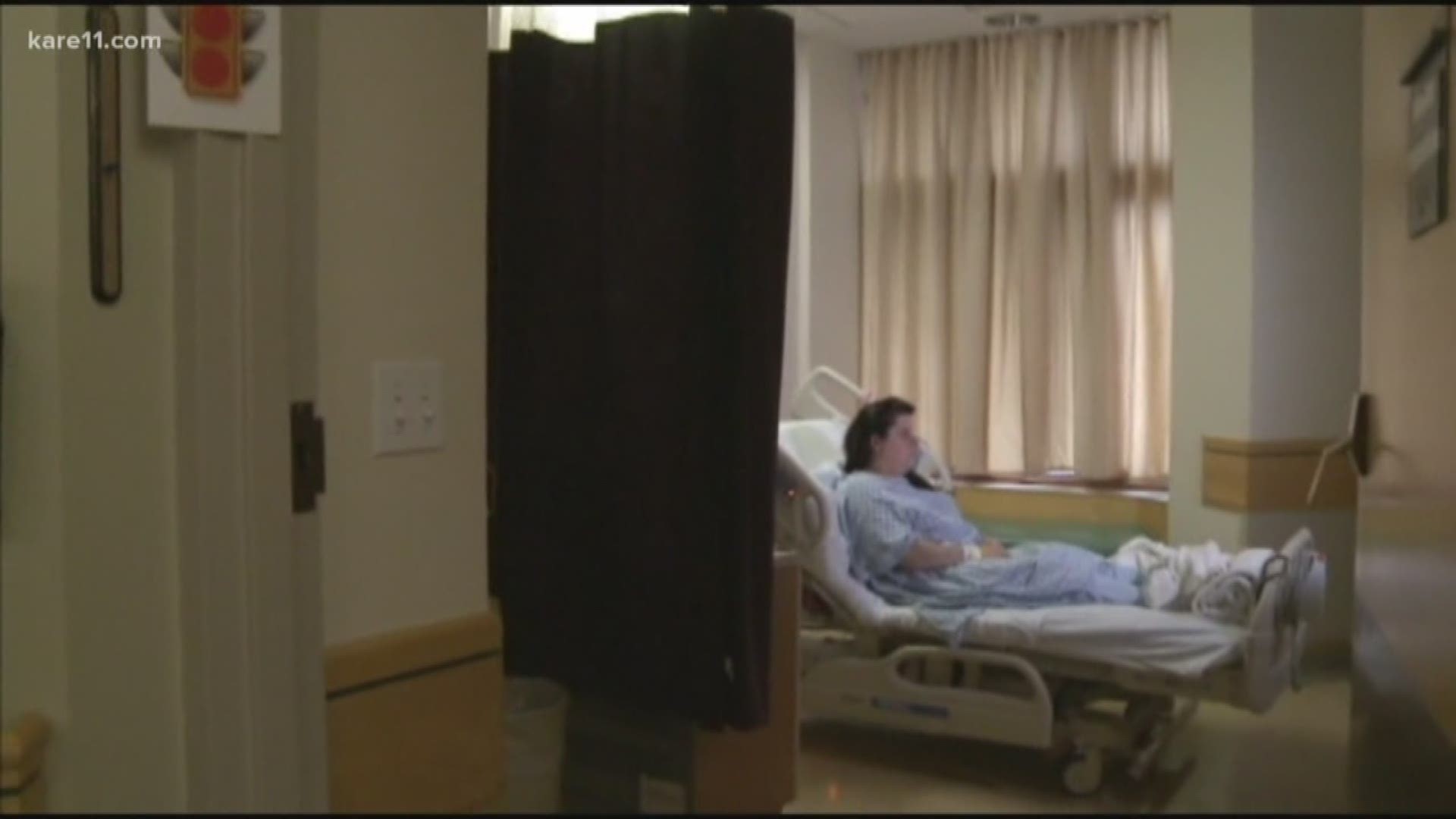MINNEAPOLIS — Actor Luke Perry's death after suffering a stroke at age 52 highlights something doctors want to make sure everyone knows: A stroke can strike at any age.
"From infants, to teenagers, to adults," said Andy Grande, Assistant Professor in the University of Minnesota's Department of Neurosurgery. Grande says he's personally seen stroke patients in their 20's.
According to the Mayo Clinic, people 55 and older have the greatest risk, but that doesn't mean people younger than that should ignore symptoms.
According to research published in medical journal JAMA Neurology, stroke hospitalization rates for people 35 to 44 increased significantly from 2003 to 2012. Women in that group were up 30 percent, while men were up about 40 percent.
The increase might be attributed to more people going to the doctor when symptoms occur.
"I think the prevalence of stroke is in the media more, so I think more people are paying attention to it," said Grande.
But Grande and representatives with the Minnesota Stroke Association still say awareness of strokes at all ages is needed.
"People perceive that this is an elderly issue, so a lot of times they'll ignore some of the warning signs, some of the symptoms," said Bradley Donaldson, Chief Operating Officer with the Minnesota Stroke Association.
Grande and Donaldson say many younger people think they're too young to have a stroke and ignore symptoms - and that's a big problem.
"The longer they wait, the more issues they may face down the road with rehabilitation," said Donaldson.
Grande says you have about eight hours from the onset of your symptoms to get care. He points out that stroke symptoms can sometimes be subtle, another reason they might be ignored.
Grande says if you think you're having a stroke, no matter your age, you should call 911 immediately.
When considering the symptoms of a stroke, remember the acronym FAST:
F - Face: Is your face drooping or weak?
A - Arms: Are your arms weak? Can you lift them?
S - Speech: Can you speak clearly? Is your speech slurred?
T - Time: Time matters when treating a stroke. If you have any of the above symptoms, doctors ask you call 911.
For more information on stroke warning signs and prevention, visit the Minnesota Stroke Association or the Mayo Clinic.

